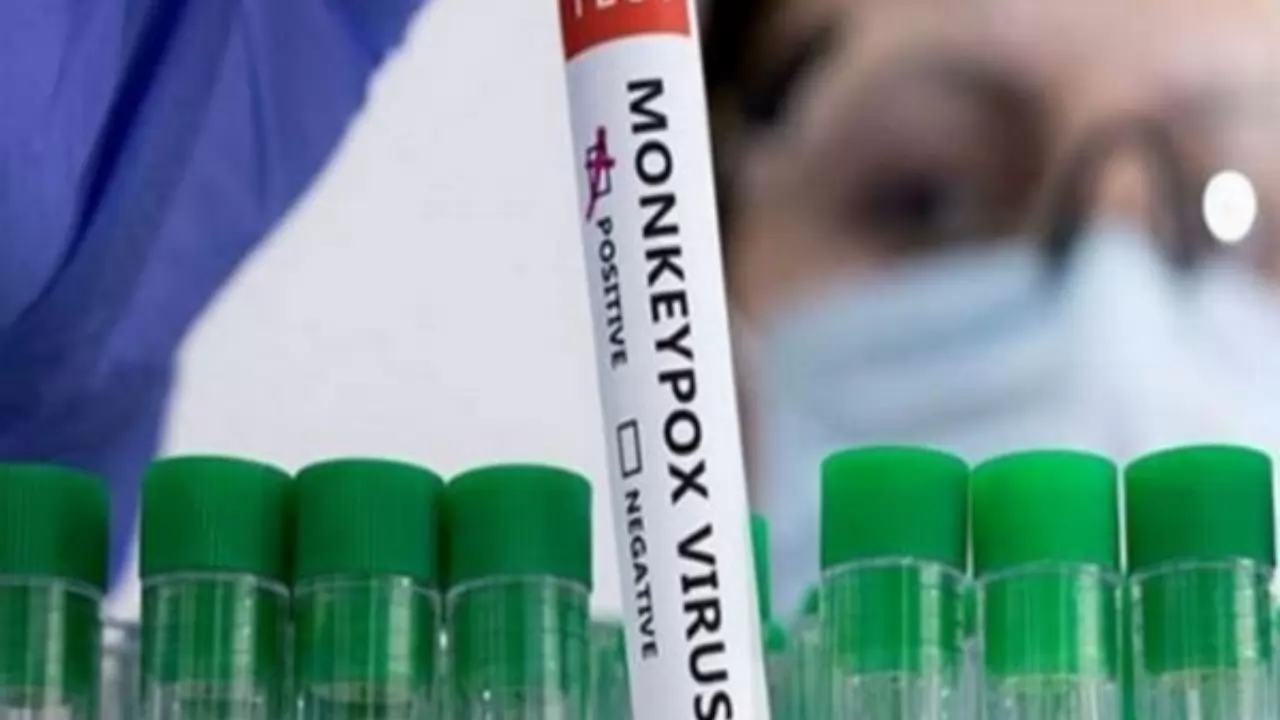
Mpox outbreak (ANI)
In light of recent developments, the Union Health Ministry has issued an advisory to all states and union territories (UTs) to raise awareness about Mpox, after India reported its first case of the clade 1b Mpox infection, becoming the third non-African country to do so. The advisory, released on September 26, directs strict infection prevention measures and outlines clinical protocols to manage the disease.
The Ministry has instructed states to isolate suspected cases immediately and ensure readiness at health facilities. A list of operational laboratories for testing Mpox samples has also been provided. The advisory further emphasized the need for senior officials to review public health preparedness at state and district levels, identify isolation facilities, and ensure the availability of necessary medical supplies and trained personnel.
⚠️ BREAKING:
— SARS‑CoV‑2 (COVID-19) (@COVID19_disease) September 27, 2024
Indian Health Ministry Orders Isolation of All Mpox Cases and Strict Control Measures
It tells States that samples from skin lesions of any patient with suspected symptoms should be sent to designated labs immediately pic.twitter.com/ZSLoU6BVgJ
The World Health Organization (WHO) declared Mpox a Public Health Emergency of International Concern (PHEIC) on August 14, 2024. This is the second time Mpox has been classified as a PHEIC under the International Health Regulations of 2005, to which India is a signatory.
The current Mpox outbreak is caused by the more virulent and transmissible clade 1 virus, compared to the clade 2 virus responsible for the 2022 outbreak. The Health Ministry's advisory notes that while the clinical presentation of Mpox clade 1 in adults is similar to clade 2, the rate of complications may be higher in clade 1 infections.
India's response to Mpox includes several key public health actions, such as identifying isolation facilities, ensuring the availability of logistical resources, and developing augmentation plans to manage the outbreak effectively. The Health Ministry has also directed that samples from suspected Mpox cases be sent to designated laboratories, with positive cases being forwarded to the Indian Council of Medical Research - National Institute of Virology (ICMR-NIV) for genome sequencing to determine the viral clade.
Currently, 36 ICMR-supported labs across India, along with three commercially validated PCR kits, are equipped for Mpox testing. The Health Ministry has assured that it will continue to monitor the situation and provide support to states and UTs as required.





Copyright © 2026 Top Indian News
